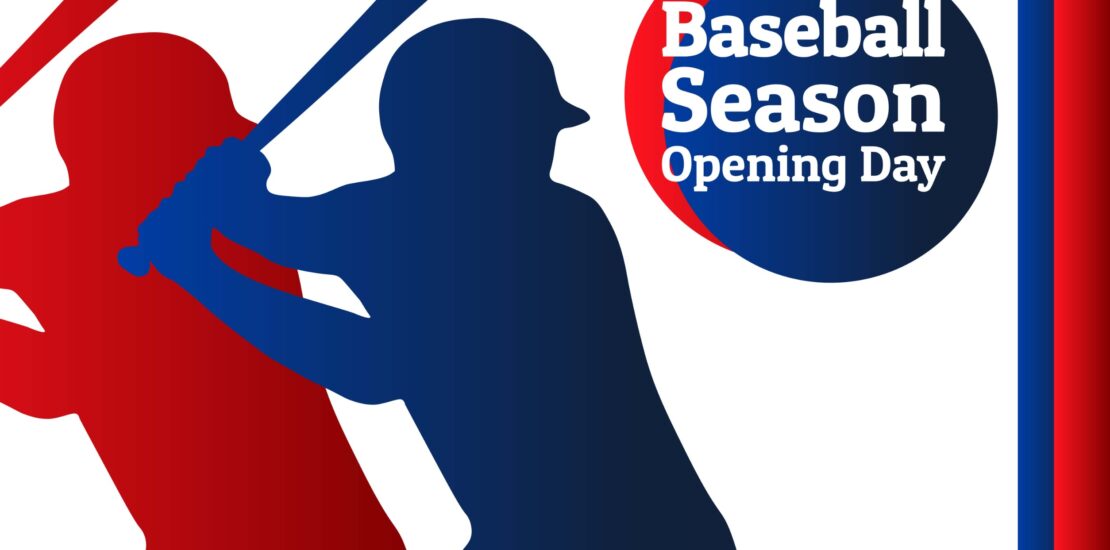- March 30, 2023
- Posted by: Dave Kurlan
- Category: Understanding the Sales Force

Today, I read two articles that had some quotable copy which we can translate to sales. The first article is about baseball and I’ll translate what it says after the quote I pulled out.
Alex Spier, writing in advance of today’s Boston Red Sox season opener, said:
According to Baseball Prospectus, there have been five seasons this century in which the Sox had fewer than two players reach at least a 4-win WAR plateau: 2022, 2020, 2015, 2014, and 2012. A common theme exists for those teams: They all finished last in the AL East.
This year, the Prospectus 50th percentile (midpoint) projections feature nary a Red Sox player reaching 4.0 WAR. Devers (3.8) and Yoshida (3.7) — who received the largest commitments from the Sox this winter — are closest. The team does not have a pitcher whose 50th percentile projection ranks among the top 75; Chris Sale’s 1.4 WAR projection ranks 76th.
They had passionate coaches and teachers but didn’t have a pitching lab focused on pitch design, didn’t have the scale of technology to precisely track everything on the field, didn’t have the specificity of goals in player plans to instruct them on not only what they needed to work on but how they needed to do it.
“We’ve done some internal evaluations, looking at ourselves and how we compare to other teams,” said farm director Brian Abraham. “We want to be the best. And I think this offseason represented us moving toward that direction.”
Explanation for non-baseball readers:
The first two paragraphs basically say that when the Red Sox have fewer than 2 super stars in the lineup, they suck. In baseball analytics, WAR represents Wins Above a Replacement Player, where a 4-win WAR means that the player helped them to win 4 more games than an average player would have helped them to win. The third paragraph explained some of the reasons for recent Red Sox last place finishes, while the fourth paragraph speaks to the importance of infrastructure and evaluation.
We could easily say the same things about sales teams. Let’s supposed a sales team has eight salespeople, two sales managers and a Sales VP. If that sales team has fewer than two great salespeople (think the 80/20 rule), the team as a whole will suck. Those are the sales teams where 57% or more of their salespeople fail to meet quota. When a baseball team has only two stars it can be blamed on roster construction. Similarly, when a sales team has only two great salespeople it can be blamed on sales selection. We can also blame management for not training and developing and coaching those weak salespeople they hired. You can follow the Red Sox’ new philosophy by getting your sales team evaluated to better understand the improvements that must be made.
Training Industry’s newsletter said that “Learning & Development is broken.” They went on to say that:
According to Gallup, “U.S. employee engagement took another step backward during the second quarter of 2022 … The ratio of engaged to actively disengaged employees is now 1.8 to 1, the lowest in almost a decade.” So, what actions can you take as a learning and development (L&D) leader to better support your employees and drive results for your company? All at a time when we’re asked to do more with less?
The sales team is the company’s economic engine so if you are to invest in anything in 2023, it must be on your sales team. You can kill two birds with one stone. Good quality Sales Training solves the engagement problem and while doing so, you can improve your economic engine at the same time. But, and it’s a big but, before you spend a dime on sales training, you must get the team evaluated to objectively understand the real issues, the specific skill gaps contributing those problems, gauge the potential of the sales team, and understand the training that would be required to get them there. Think MRI prior to surgery and Examination prior to prescription.
Email me for immediate help getting your sales team evaluated.
In a recent sales team evaluation, our client learned their sales team had fallen significantly behind other sales teams in their industry in the area of sales capabilities. They were wasting opportunities by being overly reliant on imagined relationships, not reaching decision makers, and they believed their technical knowledge was sufficient to differentiate them from the competition.
It wasn’t.
Among many other issues, they weren’t hunting for new business, their messaging was bad, they were ineffective at discovery and qualifying, and their win-rate suffered accordingly. Prior to the evaluation, leadership believed they were very good at doing these things. However, everything is relative, so the key question is, good at doing these things compared to who? The problem was that like most companies, there was no intelligence against which their beliefs could be weighed and when they received that comparison, they were shocked! At the same time, they were relieved to know what where they stood, and what needed to be done to increase revenue!
Get your sales team evaluated!
Email me for immediate help.
Image Copyright 123RF

